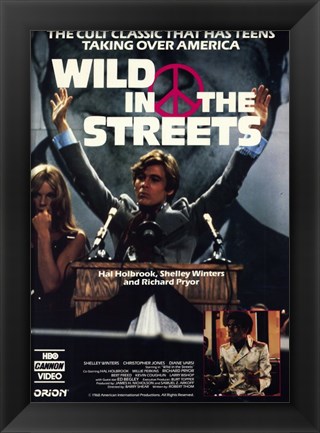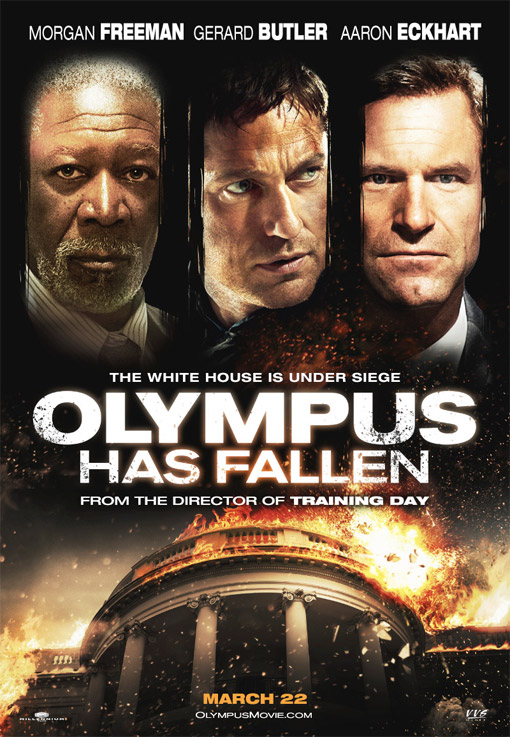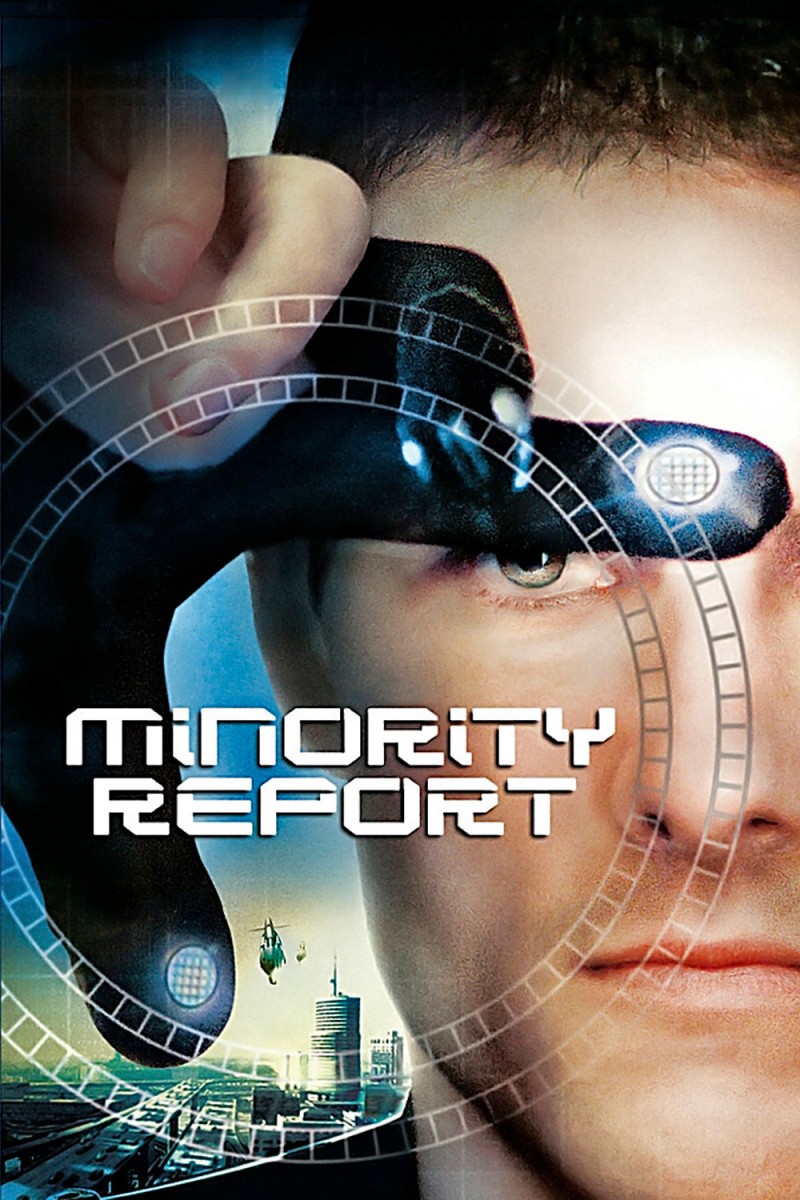

Making the Transition In college, you will encounter different expectations for writing assignments. University Writing is designed to help you identify those differences and to make the transition from high school to college writing. This might be a good place to begin a discussion of those differences.
Learning Outcomes:UW1020 courses make use of a wide variety of topics, approaches, and assignment designs to meet a common set of goals. To prepare students for rigorous academic writing across the range of disciplines offered at GW, the course strives to develop or extend several key critical and editorial skills. By the end of this course, each student is expected to be able to:
• Apply sophisticated critical, analytic, and evaluative thinking in both their reading and writing
• Locate, identify, analyze, synthesize, evaluate, and employ information resources appropriate for and relevant to whatever writerly task they have at-hand
• Recognize and differentiate various genres of writing and types of audience that are common in the academic and professional worlds
• Recognize and apply rhetorical principles and stylistic conventions that prevail in whatever genre they are asked to write
• Formulate and implement an intellectually defensible agenda appropriate to a specific writing task
• Proofread and edit carefully and effectively, through a deliberate process of drafting and revision
Every UW1020 course requires 25 to 30 double-spaced pages, or their equivalent, of “finished” writing. Finished writing is developed in a rigorous composition process often consisting of pre-draft preparation, drafts, and revisions based on instructor and peer review. In this class this requirement is filled by TBA (available on Blackboard in Assignments).
Assignments:
For a full view of the template that all UW20 sections share, please see here.
Hybrid Courses This course is a hybrid, meaning that some of your work will be conducted online and often in groups. While we will not meet on most Fridays (occasionally individual or small group meetings will be scheduled) the regularly scheduled class time should be regarded as an opportunity to meet with other group members when necessary. Hybrids are not less work. The work is merely accomplished in different ways.

Attendance Policy
CCAS: Michelle Steiner msteiner@gwu.edu
ESIA: Tammy Wiles, twiles@gwu.edu
SPHHS: Mallory Boyd, mallory@gwu.edu
SEAS: Jonathan Ragone, jvragone@gwu.edu
GWSB: Marisol Espanola, mespanola@gwu.edu
Laptop/Phone Policy “Laptop computers and wireless internet access shall be used in class only for purposes that are educationally relevant to that class and only in a manner that is not unreasonably distracting to fellow students” (quoted from the Stanford University School of Law Policy).
This seems like a fair and flexible policy and one I will require us all to adhere to.
Another good rule of thumb is to ask: would it be okay for me as the professor to pause in the front of class to
If it's not appropriate for me to direct my attention to this other task, then it's not okay for you to do it either. I'm not the only one running this class. You're a vital part of the discussion. You make it work.
 Grading Policies
Grading Policies
You must earn a grade of C- or above on the Research paper in order to pass the course.
Please note: My policy is to stand by the letter grades calculated by My Comp Lab (shown below). Keep in mind that these grades are slightly more generous than those calculated by Blackboard and thus already "curved" up.
97-100 = A+
94-96 = A
90-93 = A-
87-89 = B+
84-86 = B
80-83 = B-
77-79 = C+
74-75 = C
70-73 = C-
Academic Integrity Policies
"Work you submit for this course must have been written by you for this course. You may not submit work in this course and in another (except with permission from me and the other instructor), and you may not submit under your name work written entirely or in part by someone else (unless you cite and document the source and mark quotations).
Patchwriting is copying from a source text and then deleting some words, altering grammatical structures, or plugging in one-for-one synonym-substitutes. If you submit work that is patchwritten, you will have done poor writing and will get a commensurately poor grade. I do not, however, treat incidents of patchwriting as academic dishonesty unless I have some reason to believe that you intended to deceive your readers. It is difficult to write from sources without patchwriting, and the better you can summarize without patchwriting, the better you will understand what you are reading."

Submitting Assignments
We will be using My Comp Lab, an online space to manage writing assignments. The calander on My Comp Lab will also serve as our schedule. All reading and writing assignments will be listed there. Readings will be available on Blackboard.
I am using My Comp LAb for several reasons:
Keeping this in mind, I have found that My Comp Lab is a useful tool, coupled with individual and small group editing meetings throughout the semester, for giving multiple forms of feedback.
Even though we are using this virtual space, most of the same formatting rules apply:

*Note - since you will be submitting papers via My Comp Lab, you will not be able to include headers and footers, however, this is a good practice to get in the habit of doing when working in word and when submitting hard copies of your papers for all courses.
Support For Students Outside The Classroom
UNIVERSITY WRITING CENTER
The GW Writing Center provides assistance to any GW student with any writing assignment in any class at any stage of the process. Appointments can be made online (follow the link above) and are for either 25 or 50 minutes. Writing Center tutors will brainstorm ideas to get you started, discuss organization and argument, address issues of style and clarity of writing. They will *not* proofread your papers. For specific writing help as a non-native English speaking student please consider scheduling your appointment at the Language Center.
DISABILITY SUPPORT SERVICES (DSS)
Any student who may need an accommodation based on the potential impact of a disability should contact the Disability Support Services office at 202-994-8250 in the Rome Hall, Suite 102, to establish eligibility and to coordinate reasonable accommodations. For additional information please refer to: http://gwired.gwu.edu/dss/
. Please note: DSS provides specific assistance with writing assignments.
SUBSTANCE USE
If you find yourself struggling with alcohol or other drug use there are resources on campus to assist you. The Center for Alcohol and other Drug Education (CADE) is located at 2129 I Street NW and can be reached at 202-994-2599 or cade@gwu.edu. Additionally, CADE works with Students for Recovery (SFR), a student support group. You can find more information here.
SEXUAL ASSUALT
Sexual assault and rape can happen to anyone, regardless of age, gender, race, sexual orientation, gender identity or socioeconomic status. A romantic partner, a friend, a fellow student, a family member, someone in authority, or a stranger can perpetrate these acts. Our cultural stereotype of rape is a random attack by a stranger, but that is actually quite rare. Non-stranger assault is the norm. In 90% of the cases, the victim and the perpetrator know each other.
How to get help: Call SARC (202-994-7222) any time of day or night. They can provide expert, confidential support and information; their services are free. They can offer a supportive ear, or help you think through your various options for response. If you prefer, call someone else—but do seek support.
UNIVERSITY COUNSELING CENTER (UCC) 202-994-5300
The University Counseling Center (UCC) offers 24/7 assistance and referral to address students' personal, social, career, and study skills problems. Services for students include:
The UCC will also provide services (including crisis support) on the Mount Vernon Campus Monday through Friday, 3:00 p.m. to 7:00 p.m., in Academic Building, Suite 119.
Some General Bits of AdviceAs You Negotiate the Unfamiliar Waters of College Life.
1. Ask for help if you need it.
2. Address your professors by their preferred title (and never call female professors Miss, Mrs. or Ms. unless expressly asked to do so). If you are addressing professors in an email, do not begin with "Hey!" Knowing your audience and the rhetorical situation can help enormously in these instances.
3. Make sure you possess a reliable alarm.
4. Do not write to one professor asking her/him to understand that you could not turn in an assignment on time because you had a (insert more important class here) assignment/test due at the same time. You will be hard pressed to find instructors who will react well to this or who will understand that the subject they are passionate enough about to devote their careers to is not deemed important by their students.
5. Ask for help when necessary (yes, I'm repeating myself) and do let your professors know if you are struggling *before* the situation gets out of hand.
6. Assume that you will have to print matierial out over the course of the semester (for this course you will be asked to print out drafts of papers an from time to time class readings from Blackboard) and be prepared.
7. Do believe professors when they alert you to a useful strategy, method or tool. They are usually passing on this information for a reason. The reason is usually a good one.
8. Make sure you save your work in several locations. Make Dropbox, Google Drive, the Cloud or simply a thumb drive your friend. Given the number of ways to store and access documents "my computer broke" is no longer a valid explanation for not turning work in on time.
9. Make liberal use of your professors' office hours.
10. If you see another student (a roommate, a classmate, a friend) struggling or in trouble and you do not feel comfortable or capable of helping, fill out a CARE Network Report. These reports are confidential and no one will reveal any of your information to the person about whom you are concerned.